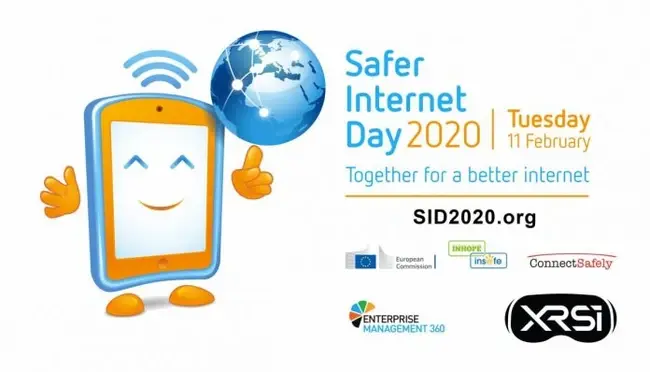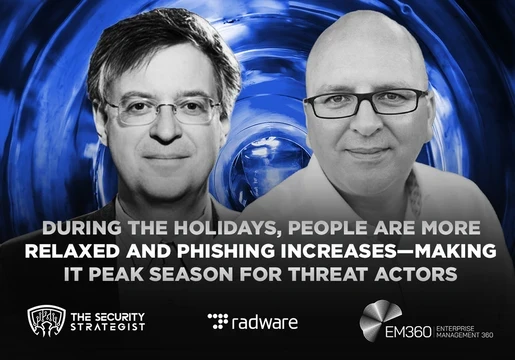XR Safety Initiative (XRSI)’s founder Kavya Pearlman and Trust and Safety advisor, Tamas Henning offer concrete and actionable advice to parents, who may be either worried or unfamiliar with the side effects or potential unintended consequences of online gaming.

A note to parents: Engage with your kids, learn their game!
As we enter a new decade, it is important to reflect on things that have changed and are continuously evolving, especially when it comes to safety online. The online world we live in today is vastly different from the world we once were in 2010. Everything is now a lot more connected, information is readily available to anyone, synchronous communication turned into asynchronous communication and more importantly, we can now play online games with anyone in the world, whenever and wherever, thanks to the Internet. Change is generally challenging, in this case continuous, and as a parent, it is only natural to think about the safety of our children online, especially when they are using the Internet as their playground.
Let’s focus on the most significant change we have witnessed in the past decade. We can now play games with anyone in the world, whenever and wherever. In a world that has become incredibly small, this can be a very scary thought, but on the flip side, an empowering one as well. Imagine you can now learn about different cultures and their ways of life, all by simply playing online games with someone who is on the opposite side of the planet, sharing the same passion and interest for the game you or your children love so much.
An important question you must answer is how do you know whether the people that your child is playing with, are truly who they say they are? In today’s world, it is remarkably easy for anyone to hide behind an assumed digital identity. It is especially true for individuals with criminal intent. In an online world, it’s easy for people to pretend they’re someone they’re not, and things aren’t always as they seem.
Improving the online experience
There are several things, anyone, whether parents or not, can do in order to keep themselves safe. Here are a few basic practices that do not require you to have technical skills:
1. Know the Game
The first thing being, understand the game, the online environment and the community. In XRSI’s Trust and Safety advisor Tamas Henning’s own words, “When I started off in the Minecraft community five years ago, I spent almost six months simply playing the game, watching the live streams and not making any comments or interacting at all. I was in learning mode, trying to understand other people’s passions towards the game and what made the community aspect so compelling. By observing with a critical eye, I was able to identify the good, the bad and on a rare occasion the truly dangerous aspects of the game. Very informally, I was able to understand and categorize the type of behaviour that would be considered toxic vs. genuine connection.” This is critical for any parent who wants to enable their kids to play safely online. Basically, learn about the community your kids are going to be a part of.
2. Teach Healthy Boundaries
EM360 advisor and XRSI CEO, Kavya Pearlman recommends to the parents teaching kids about the “Cyber Stranger Danger” and instil healthy boundaries. We spend hours teaching our kids as young as the age of two to learn how to swim. We know this could one day save their lives. We spend time monitoring TV habits, reading books, chatting about the storylines, helping them comprehend the rules of the real world like crossing the road and looking out for a red light. As teenagers, we teach them not to drink under-age or drink and drive. We are already accustomed to creating boundaries about how late our children can stay out at night. Do not be afraid to say “No” to games that you do not find appropriate for your child. As a parent, you are allowed to keep a watch for your child’s safety and teach them how to identify appropriate behaviour online. Leaving them to their own demise is like leaving your children in an amusement park with no one to watch over. Boundaries are really helpful, both in the real and online gaming world.
3. Evolve and Learn
Last but not least, this fundamental universal fact: nothing is constant. People change, communities change, the online games change and the world around us changes every day. It’s important for parents to keep up with the changes as time passes. Kids grow older and their interests change. Games develop and evolve into new directions. New problems surface and require different solutions. Periodically playing the latest game with your friends and kids, help you keep track of these changes, but doing your own research can also help over time. Keeping up with Twitch and YouTube doesn’t need to be a chore, but can be a source of entertainment as well. Equally important, you should continue to increase your awareness of your child’s safety in addition to keeping up to date with what’s changing in today’s frantic world of gaming. Evolving with time and technology is definitely a win-win.







Comments ( 0 )